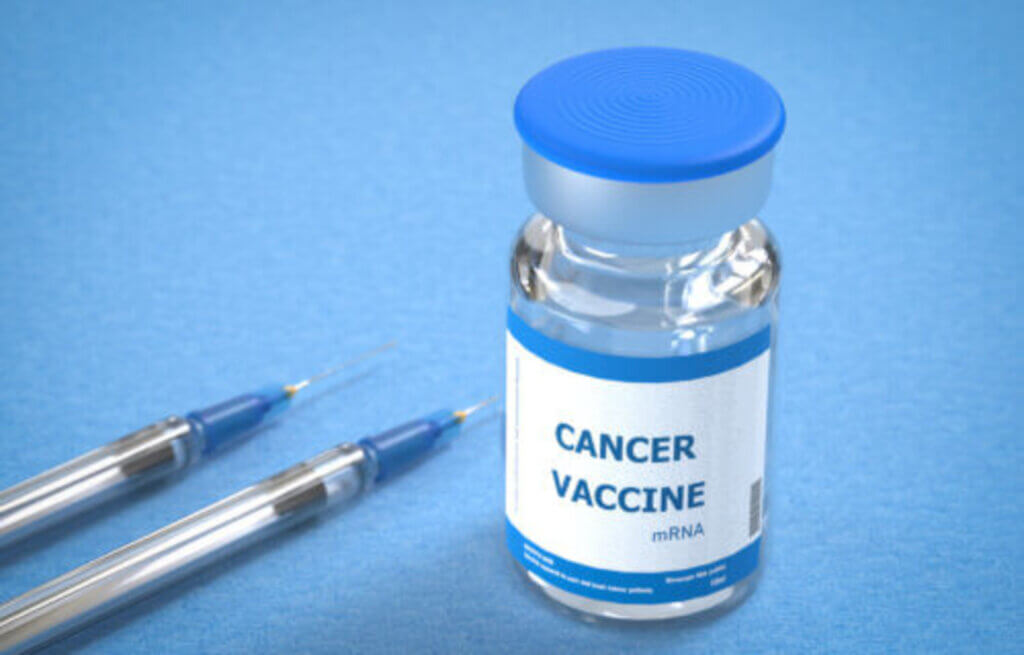Brain cancer is a devastating diagnosis, and even with aggressive treatment, the prognosis is often dismal. Glioblastoma, the most common and aggressive type of malignant brain tumor in adults, has a median survival of only around 15 months despite surgery, chemotherapy and radiation. But a new study from researchers at UCLA is providing a glimmer of hope, demonstrating that a personalized cancer vaccine, when combined with certain immune-boosting drugs, may help the body mount a stronger attack against these deadly tumors.
The approach, published in the journal Nature Communications, involves creating a customized vaccine for each patient using tumor tissue removed during surgery. This allows the immune system to be trained to recognize and target proteins specific to the patient’s own cancer cells.
“Treating malignant gliomas is very complex and due to the infiltrative nature of these tumors and their location in the brain, these patients often have a poor prognosis,” says co-senior study author Robert Prins, a professor of molecular and medical pharmacology and of neurosurgery at the David Geffen School of Medicine at UCLA. “By improving the potency of the vaccine, we’re hoping it can induce more effective anti-tumor immune responses in patients diagnosed with malignant gliomas.”
In the study, 23 patients with high-grade gliomas were treated with the personalized vaccine, called an autologous tumor lysate-pulsed dendritic cell (ATL-DC) vaccine. Patients were randomly assigned to receive the vaccine alone, or in combination with one of two drugs designed to further stimulate the immune response: resiquimod or polyICLC.
These so-called “toll-like receptor” (TLR) agonists work by activating key immune cells and ramping up inflammation, which can help the immune system better recognize and attack cancer cells. Resiquimod targets TLR 7 and 8, while polyICLC targets TLR3.
The results were encouraging. Detailed immune monitoring revealed that patients who received the vaccine plus a TLR agonist showed increased activation of cancer-fighting T cells and beneficial changes in other immune cell populations in their blood compared to those who received the vaccine alone. These immune changes were especially pronounced in the polyICLC group.
More importantly, these immune responses seemed to translate into clinical benefits. MRI scans showed the tumors grew more slowly in patients treated with the vaccine plus a TLR agonist. Progression-free survival — the length of time until the cancer started growing again — was also significantly longer in these groups, especially for those who received polyICLC. Several patients who received the polyICLC combination were still alive over a decade later.
Researchers had their interested piqued after a specific gene signature reflecting strong activation of interferon signaling pathways was found in the blood of patients with the best outcomes. Interferons are a type of protein that play a key role in stimulating immune responses. Scientists say this “interferon signature” could potentially serve as a biomarker to identify patients most likely to benefit from the treatment.
While these results must be validated in larger trials, the findings suggest this strategy of combining a personalized vaccine with TLR agonists could potentially be a powerful weapon against glioblastoma and other hard-to-treat cancers.
“This research is a step forward in the quest for more effective immunotherapy for gliomas, along with developing a potential blood-based test to determine if the patient’s immune system is responding to the vaccine in a way that will help in the fight against this devastating form of brain cancer,” notes co-first study author Dr. Richard Everson, assistant professor of neurosurgery at UCLA.
If proven effective, this approach could represent an important advance, as new treatments for glioblastoma are desperately needed. Current therapies are limited and often fail to provide long-term survival benefit.












